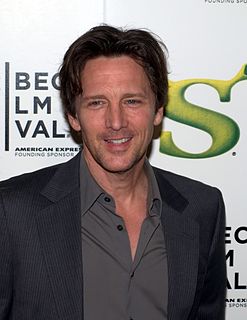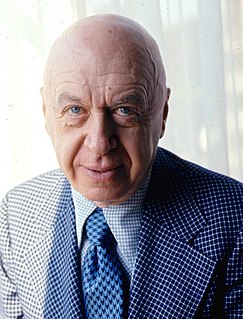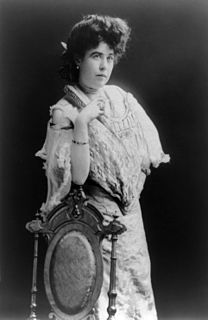A Quote by Voltaire
Pleasantry is never good on serious points, because it always regards subjects in that point of view in which it is not the purpose to consider them.
Related Quotes
But every point of view is a point of blindness: it incapacitates us for every other point of view. From a certain point of view, the room in which I write has no door. I turn around. Now I see the door, but the room has no window. I look up. From this point of view, the room has no floor. I look down; it has no ceiling. By avoiding particular points of view we are able to have an intuition of the whole. The ideal for a Christian is to become holy, a word which derives from “whole.
Democracy cannot survive where there is such uniformity that everyone wears exactly the same intellectual uniform or point of view. Democracy implies diversity of outlook, a variety of points of view on politics, economics, and world affairs. Hence the educational ideal is not uniformity but unity, for unity allows diversity of points of view regarding the good means to a good end.
I always have the feeling that my subjects are the same - I'm just changing my point of view. I'm going to move a little bit this time and watch it a different way. But at the end, I think I'm always fascinated by the same things, except I will express them over and over again, with different words, with different colors, with different shapes. But strangely it will always be the same topics or subjects that are so important to me.
By the time I got to school, I had already read a couple hundred books. I knew in the first grade that they were lying to me because I had already been exposed to other points of view. School is basically about one point of view -- the one the teacher has or the textbooks have. They don't like the idea of having different points of view, so it was a battle. Of course I would pipe up with my five-year-old voice.
In theory we understand people, but in practice we can't put up with them, I thought, deal with them for the most part reluctantly and always treat them from our point of view. We should observe and treat people not from our point of view but from all angles, I thought, associate with them in such a way that we can say we associate with them so to speak in a completely unbiased way, which however isn't possible, since we actually are always biased against everybody.
I have often asked Americans wherein they consider their freedom superior to that of the English, but have never found them able to indicate a single point in which the individual is worse off in England as regards his private civil rights or his general liberty of doing and thinking as he pleases. They generally turn the discussion to social equality, the existence of a monarchy and hereditary titles and so forth - matters which are, of course, quite different from freedom in its proper sense.
When you're researching things that have happened, the clear narrative arc is not there already. This is the problem of writing nonfiction for me - writing nonfiction which is about serious subjects and has serious political and social points to make, yet which is meant to be popular to a degree - what happens when the facts don't fit a convenient narrative arc? I guess that for a lot of nonfiction writers that is a central challenge.






































